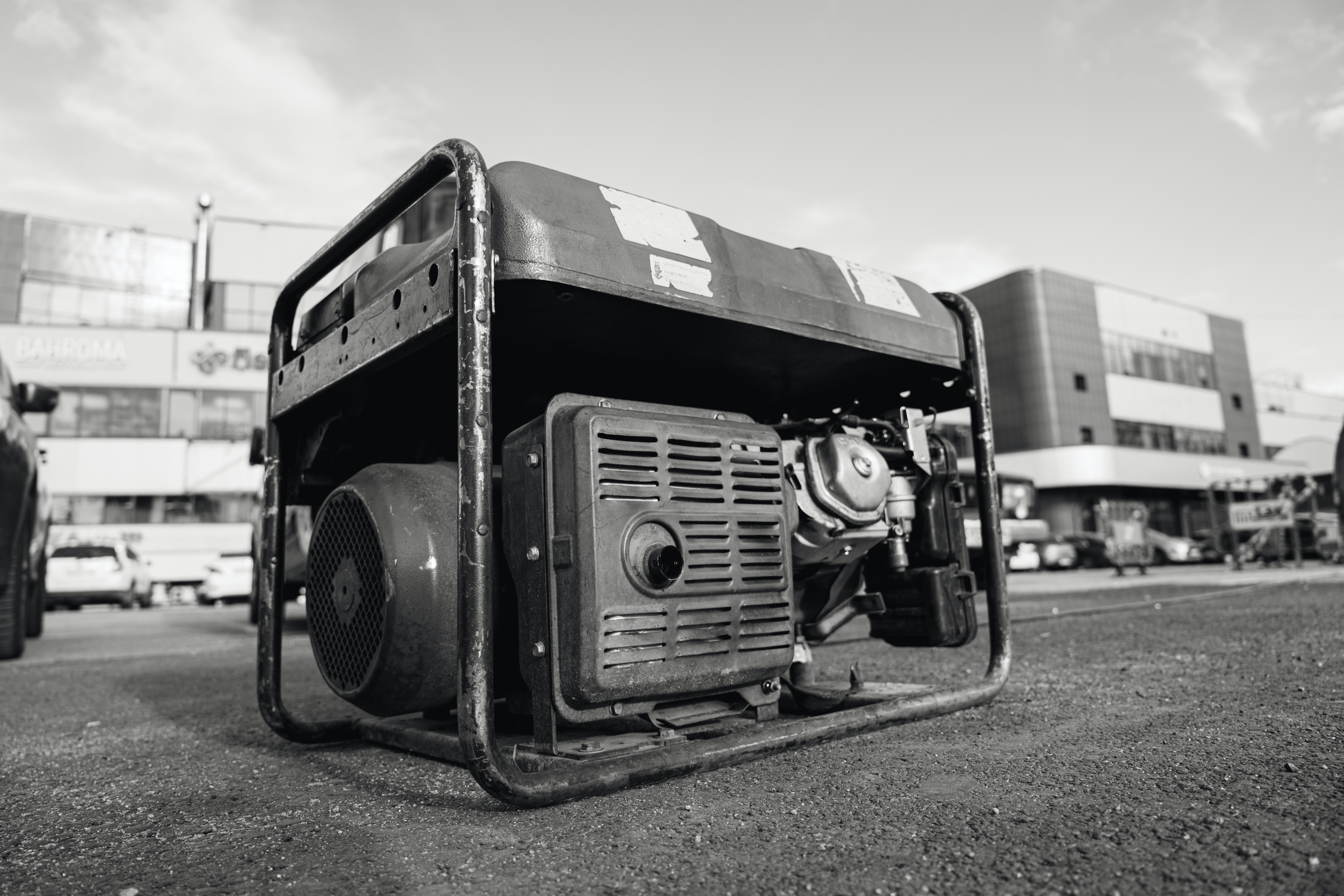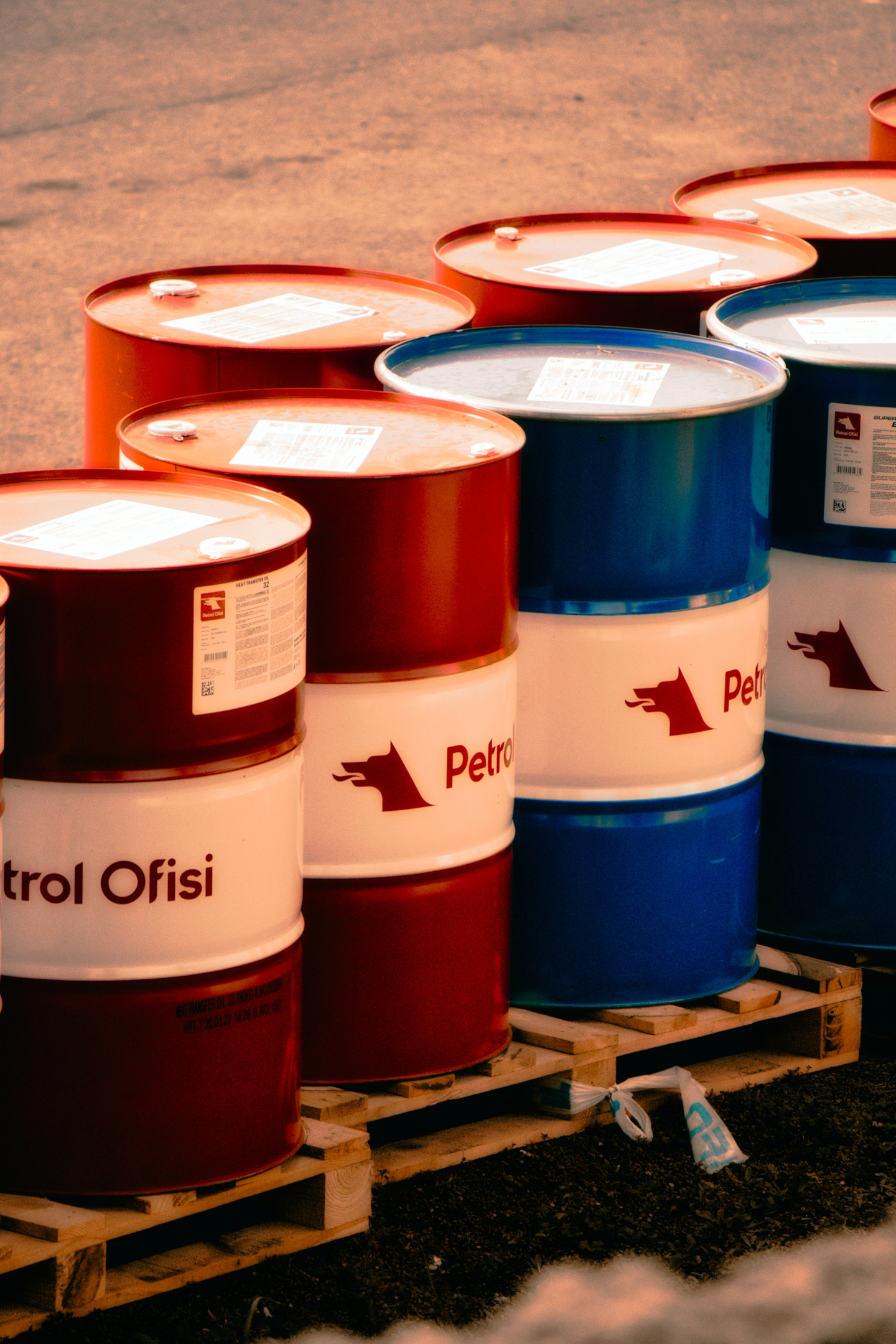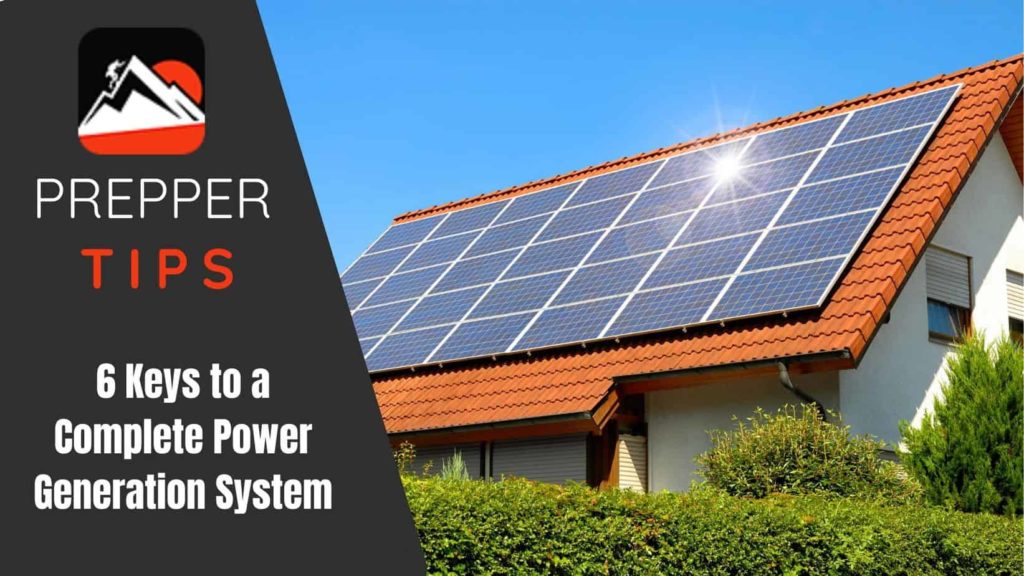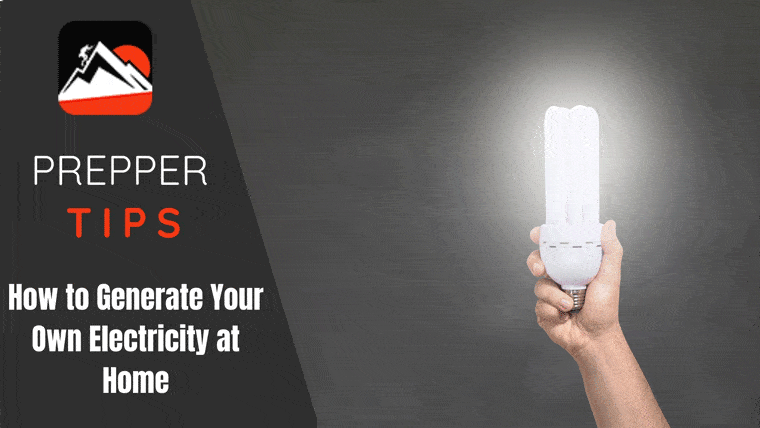Contents
Portable generators are helpful whether you are a camping enthusiast or live in an area prone to natural disasters and power cuts. With that said, choosing the right type of fuel can be challenging. Both propane and gasoline generators have their own pros and cons. This guide digs deeper into the debate regarding gas vs propane generators.
Propane vs. Gas Generator: Key Differences
Gasoline generators are usually more popular as compared to propane generators since the cost of both device and fuel are low. Gas generators are usually ideal for emergencies. Propane is not readily available after a natural disaster or blackout. Besides, propane has a longer shelf life as compared to gas.
These are a few notable differences between propane and gas generators:
1. Run Time and Fuel Efficiency
Propane has a higher-octane rating and produces less energy than gas. This means that gas generators usually have a longer run time. Gas generators come with a preset fuel tank size which needs to be monitored and timely refilled. There are a lot of high-end generators with automatic shut off features. These tend to cost more though. Gasoline generators have an additional problem of wastage through leakage, spillage, and fume generation that reduces the run time.
2. Maintenance and Upfront Costs
Propane generators cost more upfront as compared to gas generators. However, the cost of maintenance of gas generators is usually higher. This doesn’t mean that propane generators can be maintained using DIY methods. Propane generators have complex maintenance systems too. Gas leaves a fuel residue within the generator that can affect its longevity.
3. Shelf Life
Gasoline cannot be stored for more than 3 – 6 months. It starts to degrade after that. Propane has an almost indefinite shelf life. Propane doesn’t harm the machine or cause any degradation even if stored in the generator’s tank. This is one of the more important factors to consider since you will likely be using the generator in emergency situations only. Before storing a gas generator, you may want to think about emptying the tank.
Pro tip: Learn how to drain gas from your generator through this informative video.

4. Availability
Gasoline-powered generators are usually more popular than propane generators because of the high-availability of gas. It is easier to obtain gas during an emergency. If you don’t have access to a nearby pump, you can always just siphon some off your vehicle’s gas tank. Gas pumps usually stop operating during a power outage. On the other hand, propane can be easily stored for such emergencies. You can carry it safely on your camping trips as well.
5. Emergency Fuel
Gas is usually easy to acquire, but it is also high in demand. Gasoline supply is the first to get affected during an emergency. This is where the low popularity of propane can come to your advantage since you won’t have a long queue or wait time. In addition, propane can also be stored for a long time, unlike gas. Propane generators may be a better choice if you live in an area that frequently experiences natural calamities and power cuts.
6. Climate Compatibility
Gas generators can usually be used in all weather conditions. This is another reason why homeowners and campers prefer gasoline powered generators. Propane generators are difficult to power up and run when the temperature gets extremely cold. Propane can be challenging to use if the ambient temperature drops below 30 degrees since it needs heat to convert from liquid to gas.
7. Environmental Impact
Propane generators don’t have a large carbon footprint. They are perfect for homeowners that need regular generator backup and are environmentally conscious. These generators produce lower amounts of non-regulated emissions and greenhouse gases. Gasoline is a highly toxic combustible fuel with a large negative environmental impact.
Pros and Cons of Propane Generators
Propane powered generator has an internal combustion engine that produces electricity. It works on the same lines as a car’s engine. You can get started by connecting a propane tank to the generator and pressing start. Propane generators usually offer 7,000W to 20,000W of power output. This is enough power for an average sized home as long as you have sufficient fuel. Propane generators are best used for heavy power purposes, such as running air conditioners or power tools.
Pros of Propane Generators
Longer shelf life of fuel
You never need to worry about the fuel expiring in a propane generator. There is no expiration date of propane, unlike gasoline. Even if you don’t use your backup generators for a long while, you don’t have to worry about the fuel going bad.
Quieter operation
Every portable generator will make some type of noise. Based on this, propane powered units are usually quieter as compared to gas-powered ones. If you plan on using the generator as a home backup or for camping, you may want to prioritize peace and quiet.
Better power
Propane generators usually offer impressive power capabilities. The number of watts generated will differ as per the generator. Propane powered engines usually offer more power as compared to gasoline generators.
WELL-SUITED for home backup
Propane generators offer a lot of power and are useful for powering your home during a blackout. These generators can usually power a home for up to 5 days. They have unlimited shelf life, which means you don’t need to worry about interruptions.
Environmentally friendly
Propane generators are more eco-friendly as compared to gas generators. As per the National Propane Gas Association, propane-powered generators usually emit 12% less carbon dioxide and 60% less carbon monoxide as compared to gas powered engines. Propane as a fuel source also emits 80% less hydrocarbon emissions and 90% less NOX emissions as compared to diesel engines. Propane generators are a poignant choice for people that want to reduce their carbon footprint.
Cons of Propane Generators
Expensive
Propane generators are usually not as affordable as gas generators. However, propane as a fuel is cheaper as compared to gasoline. You should check the final price of propane depending on your demand.
Inefficient in frigid weather
Propane engines are not as efficient as gasoline and other types of generators. Using them during the cold season can be challenging. These generators also consume more fuel. You may want to consider the energy efficiency of fuel consumption when deciding the type of generator to purchase.
Propane tank
Propane is available only in fuel tanks. You will need to connect propane tanks to your generator, which can increase initial costs. Average homeowners are typically unable to connect the generator with the tank. They need a qualified professional to ensure it gets done correctly.
Pros and Cons of Gasoline Generators
Gas powered generators use an internal combustion engine for burning fuel and producing electricity. Gasoline generators have been around the longest and are available in a wide range of output capacities that range from 500 watts to hundreds of kilowatts. Gas powered generators have their own pros and cons.
Pros of Portable Gas Generators
Energy efficient
You will receive more power from every gallon of fuel if you are using gasoline as compared to propane. The efficiency of different generators will differ depending on the model you purchase. However, you will always get better efficiency from a gasoline powered generator as opposed to a propane or diesel-fuel generator. This is a vital factor with the rising fuel costs.
Better portable choices
There are more models of portable generators to choose from when using a gas-powered unit as compared to propane generators. While there are a few choices for propane powered portable generators, they are not as diverse or common as gas burning units.
Affordable
Gas generators are usually more affordable as compared to propane generators. You will probably have an easier time finding an affordable gasoline generator instead of a propane generator. Gasoline is also a more efficient fuel source.
Easy to acquire
Gasoline is usually easier to obtain and more readily available than propane at gas stations. You should not have a lot of trouble keeping your gas powered generator fueled.

Cons of Portable Gas Generators
Expensive fuel
Gasoline is a more efficient fuel source and is usually easy to find. However, it can also be more expensive, especially during an emergency. Gas generators tend to consume a lot of fuel depending on the wattage you require. Gas prices have been known to spike during emergency situations.
Gasoline can expire
Gas will eventually expire if it is allowed to sit around for a long time. If you want to keep the gasoline in your generator stable, you should be careful about storing it. Both gas and propane have different shelf lives. Storing gasoline requires special containers. You need to be careful while using dual fuel generators as well.
Not eco-friendly
Gasoline is not an eco-friendly fuel. Propane is a cleaner burning fuel as compared to gas. Gas and propane generators both emit harmful fumes. Moreover, gasoline is a fossil fuel and emits more harmful byproducts and toxic fumes. While propane is not exactly clean burning, it is not as harmful as gasoline.
Dual Fuel Generators are the Ideal Solution
If you don’t want to invest in solar generators and want a fossil fuel powered generator, dual fuel technology is the perfect solution. Both gas and propane generators have their individual pros and cons. Dual fuel generator will allow you to get the best of both gasoline and propane. Many homeowners and campers that cannot differentiate between gas or propane generators choose to purchase a dual fuel generator.
Pro tip: Check out this list of the best dual fuel portable generators for survival.
How much power a dual fuel generator provides will depends on the make and model of the unit. There are a few smart generators that can provide up to 18,000W of power. These generators have become popular in recent times because they minimize the downsides of both propane and gas.
You have more options to refuel your generator during an emergency when you can use both fuel types. These generators are more efficient and throttle the fuel consumption based on your needs. Inverter dual fuel generators can be customized to run at lower power instead of at full blast. This can help save fuel in the long run.
Frequently Asked Questions
Is it cheaper to run a gas or propane generator?
Propane delivers a lower power output even if it is the cleaner fuel type. Cost of per watt of electricity generated by propane fuel is higher as compared to gasoline. With that said, if you need a generator primarily for backup power, you may want to consider propane. Gasoline cannot be stored for long in a storage tank. Longer shelf life of propane may make it cheaper.
Do gas generators run longer than propane generators?
Yes, gasoline produces more energy as compared to propane. In relation to this, the size of the gas tank will determine the generator’s run time. Propane has a longer shelf life making it easier to stockpile in large quantity.
Are propane generators cheaper than gas generators?
Propane generators are usually more expensive than gasoline models. It’s best to choose a dual fuel technology portable generator that can run on both gasoline and propane.
How long will my generator last?
Generators that are properly maintained can last for a long time. This is especially true for a backup generator that is only used during a power outage. Moreover, you will need to invest in regular inspection to clean out filters, replace worn out parts, and keep your generator in good working condition.
Verdict: Propane or Gas Generator?
Gasoline generators are usually preferred over propane generators because of its consistent availability. However, you will need to store gasoline in large quantities since it burns quicker than other fuel sources. Propane generators are best for heavy-duty power. They are also eco-friendly, which means you can limit your carbon footprint.
If you are primarily using your generator for backup power in case of an emergency, you may want to get a propane generator. Propane is easier to stockpile than gasoline during an emergency. It also lasts much longer. By getting a dual fuel generator, you can essentially enjoy the best of both worlds.




